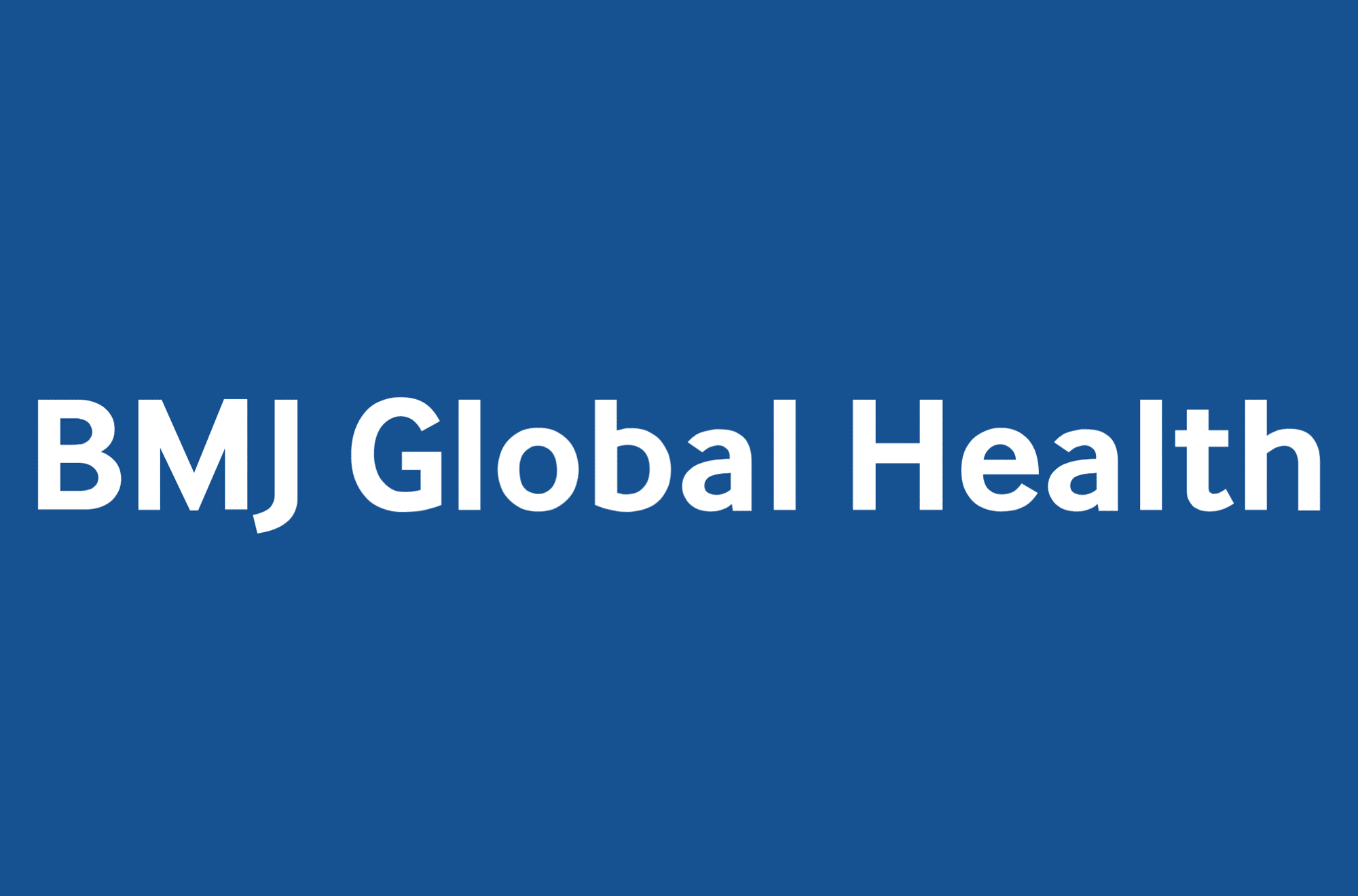
by Rodolfo Gomez Ponce de Leon, Luiz Francisco Baccaro, Gonzalo Rubio Schweizer, Valeria Bahamondes, Analia Messina, Luis Andres de Francisco, Suzanne Serruya Jacob
BMJ Global Health, 2022;7(10) (Open access)
Abstract
Previous reports have already estimated the overall number of abortions and the number of unsafe abortions in Latin America. Conversely, there are few reliable data from this region to inform public policies aiming to meet women’s needs. In this context, the Latin American Centre of Perinatology (Centro Latinoamericano de Perinatología (CLAP)) created a network specialising in the care of women in an abortion situation (CLAP MUSA-Network) in an attempt to strengthen healthcare surveillance in Latin America by using the Perinatal Information System (Sistema Informático Perinatal (SIP)). This system was developed by the CLAP with a special module named SIP Abortion (SIP-A), a data collection tool designed by Latin American experts to be routinely used in cases of legal and incomplete abortions. The SIP-A follows the standards established by WHO, allowing investigators to systematise information, generate local reports and monitor changes after training and follow-up interventions based on national guidelines. This network promotes collaborative work between institutions to strengthen epidemiological surveillance, cooperative investigation and development of a critical mass of professionals skilled in sexual and reproductive health. Currently, 29 sentinel centres from 13 countries jointly work exchanging information to improve surveillance of healthcare indicators of women in an abortion situation. Latin America was the first region in the world to have a network of sentinel centres that continuously monitors healthcare provision to these women. Data collected by this network are already being used to design, implement and evaluate public policies.
Conclusion (excerpts)
The main challenge of Latin America and the Caribbean is reducing inequalities. This is reflected in the fact that international commitments, such as the Sustainable Development Goals (SDGs), should apply to all individuals rather than simply aiming to comply with a national average. In this respect, the agenda set forth by the SDGs may serve as beacon that leads the way to cross-sectoral work aimed at improving health conditions for all people.
Through the collection and continuous monitoring of data since 2015, the CLAP MUSA-Network was able to identify problematic situations in some of its sentinel centres. Regarding comprehensive abortion care, outdated methods of uterine evacuation, such as the use of sharp curettage, have been discouraged and increasingly replaced by MVA or medical abortion…. Sentinel centres have emphasised the need to incorporate contraceptive methods to reduce unintended pregnancy especially by encouraging the use of LARCs immediately after abortion…. One of the articles produced with data from the CLAP MUSA-Network identified that contraceptive counselling may be difficult for women who have been victims of sexual violence. Individualised multidisciplinary care is essential….
Two great achievements of the CLAP MUSA-Network should also be mentioned: giving prominence to the healthcare status of women in an abortion situation and overcoming prejudices that hinder healthcare provision to this population, especially where abortion is illegal….The use of [common] systems to collect data on women in an abortion situation is a way to promote a common language between and within countries. Additionally, the CLAP MUSA-Network has helped healthcare providers to overcome their own prejudices towards the treatment of women who present with the decision to have an abortion or with an incomplete abortion….



